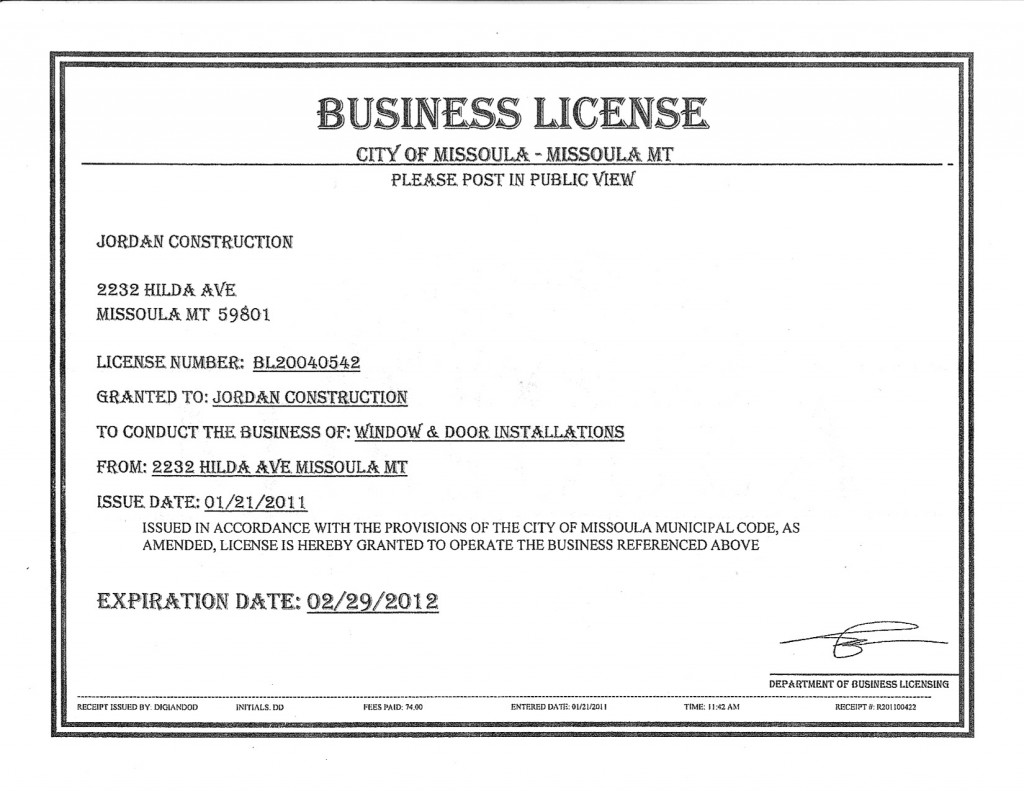
If you want a career in zoology, there are a number of choices that you may want to consider. There are many options, from museums and conservation organizations to agriculture and veterinary medicine. You should consider a career as a zoologist if you love animals and are interested in working in a dynamic field.
Conservation groups
Conservation groups in zoology work to conserve wildlife, preserve ecosystems, and promote the study of particular species. These groups are often national or international, and their work is often collaborative. They collaborate with other organizations and government agencies to protect public lands. Many of these organizations also work closely with law enforcement in prosecuting wildlife crimes.
Conservation biology emerged in 1980 and its research has rapidly expanded. It uses theories in genetics, demography and population ecology to tackle specific conservation issues. It has been a growing discipline, with graduate and professional societies.

Museums
Museums for zoology have expanded in scope, size, and literature over the past quarter-century. Although a common misconception is that these institutions are nothing more than an enlarged dime museum, the truth is a lot more complex. They are far more than just a collection of weird curiosities and spine-tingling stories.
These institutions house collections of specimens representing the full range of animal life. These collections can include dried shells and skeletal material, pin insects to preserved whole specimens in fluid. Many have collections of bone or horn specimens.
Veterinary medicine
Veterinarian medicine is a great career choice if you love animals and are passionate about zoology. This career offers many opportunities. You could become a veterinarian or work in a Zoo.
Before applying to veterinary medicine, consider the educational requirements. Although some programs don't require a bachelor's degree, the majority of accepted students have an undergraduate degree. Some schools may also require a postdoctoral fellowship or advanced degree.

Agriculture
Agriculture jobs in zoology focus on wildlife, plant life, as well as human health. It requires scientific knowledge as well as hands-on work. Most zoologists work in government agencies. They conduct both basic as applied research. They may be employed by the National Research Council, Environment Canada, Fisheries and Oceans, Health and Welfare Canada, Industry Science and Technology, or provincial governments. Many zoologists also work for private companies to protect endangered species and promote conservation efforts. They may also be involved with animal rehabilitation, planning conservation initiatives and lobbying government policies.
A graduate in agricultural biology may also be eligible for a master's or doctoral degree. These degrees can be useful for research positions as well as advanced roles. These degrees can help applicants stand out in the application process. These advanced degrees can be difficult to obtain and require extensive research. It may take up to two years for these degrees.
FAQ
Why hire consultants?
You might need consultants for a variety of reasons.
-
An organization might have a particular problem or project that requires solving
-
You want to improve your own skills or learn something new
-
You want to work with an expert in a particular field
-
No one else is available to take on the task.
-
You feel overwhelmed by all of the information out there and don't know where to start
-
It's impossible to afford to hire someone full-time.
Referrals are the best way for you to find a qualified consultant. Ask your friends and colleagues if they know of any trustworthy consultants. Ask your friends and family for referrals if you know someone who is a consultant.
If you decide to use online directories like LinkedIn, use the "Search People" feature to look for consultants in your area.
What happens after the consultant completes the job?
After the consultant completes their work, he/she will submit a final summary of the results. This report includes project timelines, deliverables, and any other pertinent information.
After that, you'll go through the report and decide if it meets your expectations. If it does not, you can ask for changes or terminate the contract.
What is a consultant and what are their responsibilities?
Consultants are those who offer services to other people. It's not just a job title; it's a role where you help others achieve what they want from life. This involves helping them to understand their choices and making the right choices.
Consultants are experts at finding solutions to problems and challenges that arise when working on projects. They can provide guidance and advice on how to implement the solutions.
Any questions you have about business, technology and finance, leadership or strategy, human resource management, customer service, customer service, or any other topic, a consultant can answer them.
Who hires consultants
Many organizations have consultants who help them with projects. This includes small businesses, large corporations and government agencies.
These consultants may work directly for the organization, or freelance. The hiring process will vary depending on the complexity and size of the project.
Before you can hire a consultant, there will be several rounds of interviews.
What is the difference?
An advisor gives information on a topic. A consultant is able to provide solutions.
Consultants work directly with clients to help them reach their goals. Advisors advise clients indirectly via books, magazines, lectures and seminars, etc.
Do I need legal advice?
Yes! Yes! Many consultants create contracts without consulting clients. This can lead into problems down-the-road. If the client terminates an agreement with the consultant before the completion date, what are the consequences? Or, what happens if the consultant doesn't meet the deadlines set forth in the contract?
It's best to consult with a lawyer to avoid potential problems.
Are you a qualified consultant?
It is best to study a subject well and then practice what you have learned.
You can learn all you need to know to become a great consulting professional by starting to study now.
If you have a degree but no relevant experience, you may struggle to get hired. If you have demonstrated that you have studied the same subjects as those who received the jobs, then you may still be eligible to apply.
Employers will always seek out candidates who have real-world experience.
Statistics
- According to statistics from the ONS, the UK has around 300,000 consultants, of which around 63,000 professionals work as management consultants. (consultancy.uk)
- My 10 years of experience and 6-step program have helped over 20 clients boost their sales by an average of 33% in 6 months. (consultingsuccess.com)
- Over 62% of consultants were dissatisfied with their former jobs before starting their consulting business. (consultingsuccess.com)
- According to IBISWorld, revenues in the consulting industry will exceed $261 billion in 2020. (nerdwallet.com)
- WHY choose me: Why your ideal client should choose you (ex: 10 years of experience and 6-week program has helped over 20 clients boost their sales by an average of 33% in 6 months). (consultingsuccess.com)
External Links
How To
What does a typical consultant's day look like?
A typical day will vary depending on the type of work you are undertaking. You'll spend your time researching new ideas and meeting clients.
You will often have meetings where you discuss issues and problems with clients. These meetings can be conducted over the phone, by email, face-to-face, or online.
The proposal is a document that outlines your ideas and plans to clients. You will need to discuss these proposals with a mentor or colleague before you present them to clients.
You will need to create content after all your planning and preparation. For example, you could be writing articles, designing websites, creating videos, editing photos, or conducting interviews.
Based on the scope and complexity of the project you may need research to obtain relevant statistics. It may be necessary to know how many customers are currently using your products or services.
After gathering enough information, you can present your findings to clients. You may give your findings orally or in written form.
After your initial consultation with clients, you need to keep in touch. For example, you might call them periodically to see how things are going or send emails asking them to confirm that they received your proposal.
This process takes time, but it's important to ensure that you stay focused and maintain good relationships with clients.